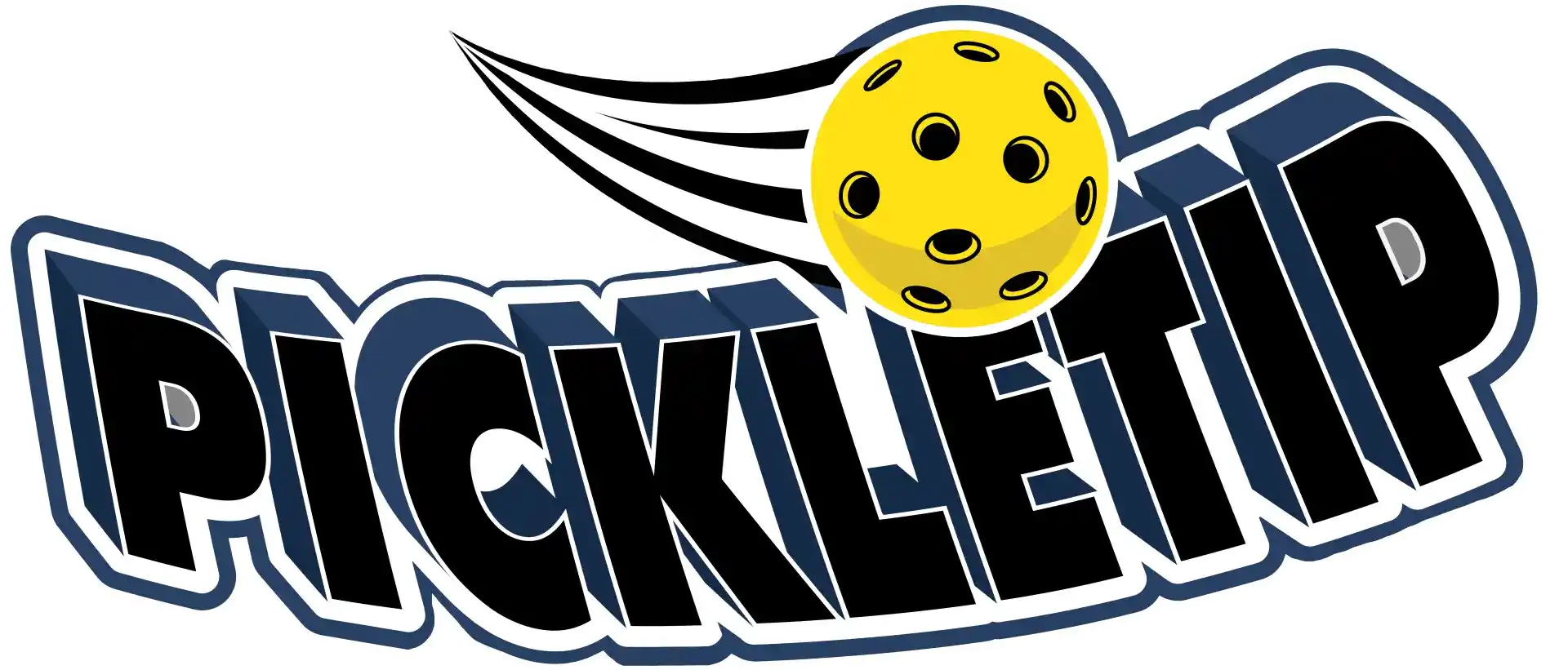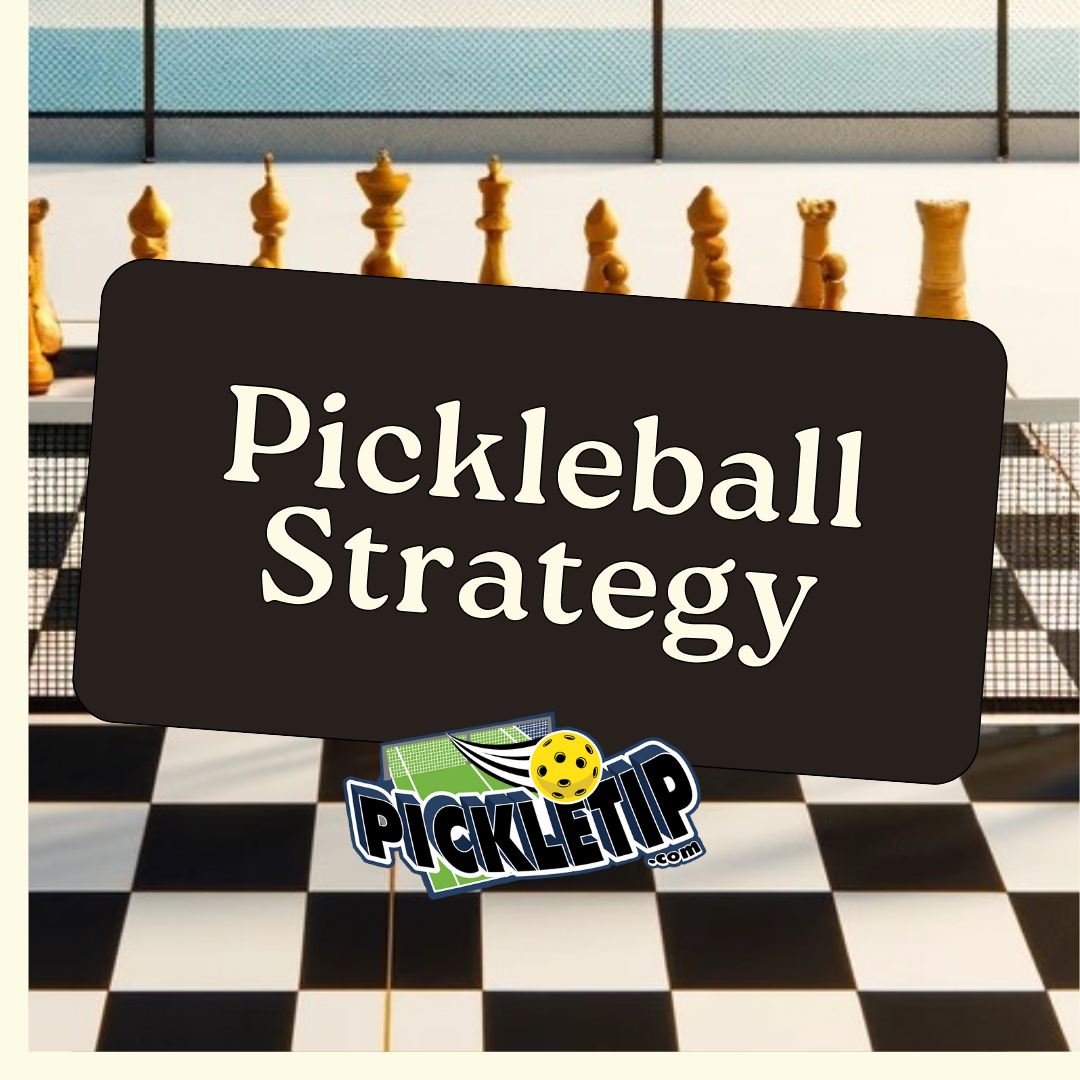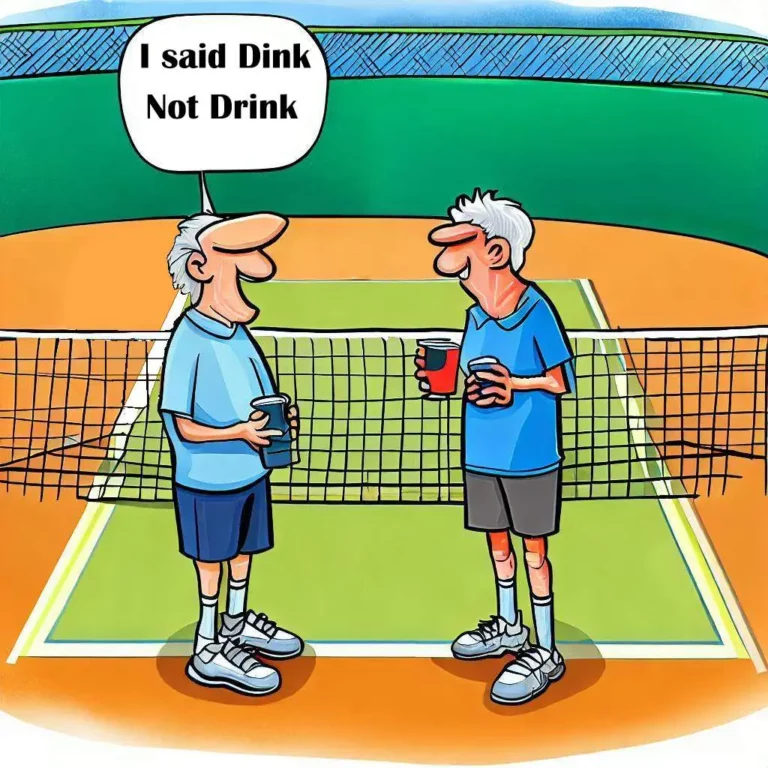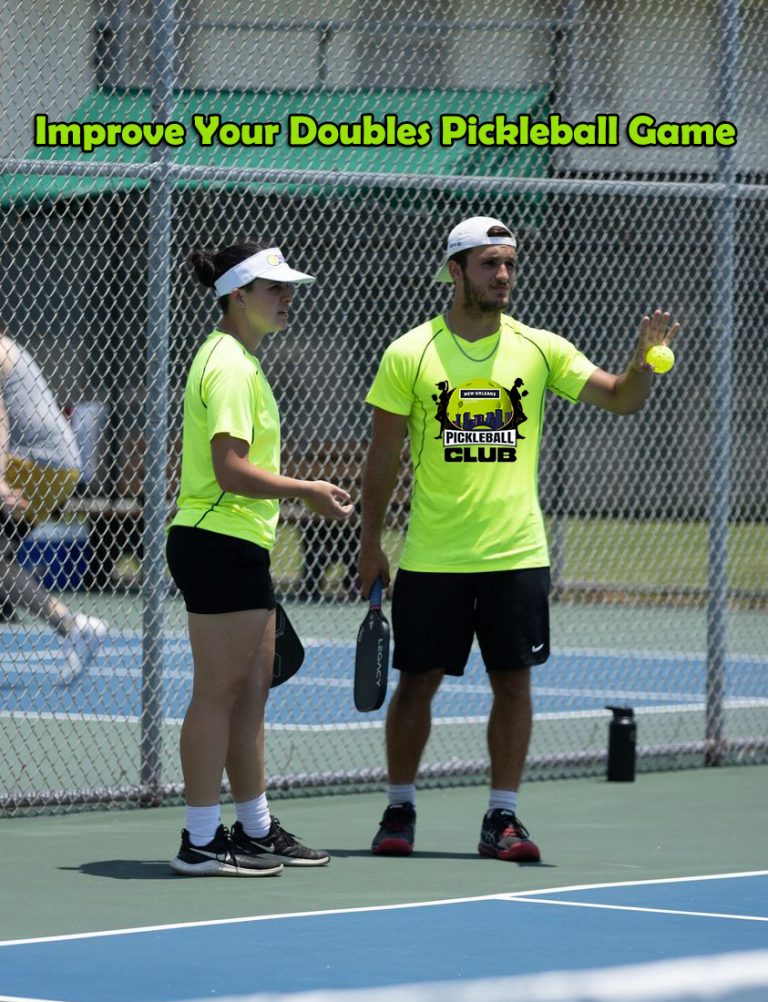Pickleball Tactics: A Chess Match on the Court
Pickleball Tactics: Pickleball and chess seem different at first glance. Yet, they share a profound strategic depth. This article dives into their strategic and tactical parallels. It also explores their unique aspects. Understanding both can enrich your mastery.
Pickleball and chess, at first glance, appear to diverge significantly in their nature and gameplay. One is a fast-paced, physically demanding sport played on a court, while the other is a strategic, slow-paced board game. However, a deeper look reveals a shared essence: both games are profoundly intellectual and strategic, demanding more than just physical prowess or tactical moves. This article explores the intricate relationship between pickleball and chess, highlighting not only their strategic and tactical similarities but also the unique aspects of each game. It delves into how understanding one can enrich the mastery of the other, providing a nuanced perspective on the intellectual depths of both activities.
Strategy and Tactics: The Core of Competition
In pickleball, strategy involves understanding your and your opponent’s gameplay. It decides whether you play defensively or offensively. Tactical decisions include positioning on the court, choosing to play from the baseline or advancing to the net, and selecting the right shots at the right time.
Chess demands a comprehensive strategy for gaining an advantage over the opponent, focusing on board control and piece development. Tactics in chess are about executing maneuvers to achieve short-term goals, such as capturing pieces or delivering checkmate. Both games require foresight, the anticipation of the opponent’s moves, and adaptability.
Anticipation and Movement: Predicting and Reacting
In pickleball, anticipation is key. Players must predict the ball’s trajectory and their opponent’s moves, positioning themselves optimally for both defense and offense. This requires not just physical agility but a deep understanding of the game’s dynamics and the ability to read the opponent.
Chess involves anticipating future moves based on the current board layout and the opponent’s tendencies. It’s about mental positioning, setting up traps, and planning escapes, paralleling the anticipatory movements in pickleball.
Preparation and Practice: Building Mastery
Pickleball players engage in physical conditioning, shot practice, and strategy development against various playing styles. Mastery comes through repetition and the ability to adapt to different opponents.
Chess players focus on studying openings, practicing endgames, and analyzing games. Like in pickleball, they must adapt their strategies based on the opponent’s moves, showcasing the importance of flexibility and a deep game understanding.
Psychological and Physical Aspects: Mind and Body in Harmony
Pickleball requires stamina, quick reflexes, and mental resilience. Players manage their psychological state to minimize errors. You are participating in a mental battle to outsmart the opponent.
Chess, though less physically demanding, requires immense mental stamina and the ability to remain calm under pressure. The psychological warfare involves bluffing and mental strategies to gain the upper hand.
The Nuanced Relationship: Intellectual Depth Across the Board
Both pickleball and chess are characterized by a profound strategic depth that necessitates anticipatory thinking, tactical execution, and constant learning. The strategic principles — from positioning and openings to endgame expertise — underline the intellectual and psychological battles intrinsic to both games.
- Positional Awareness in both games is about understanding the strategic importance of positioning — controlling the kitchen line in pickleball and the center of the board in chess.
- Openings in pickleball and chess set the stage for the game’s direction. Strategic serves in pickleball are like chess’s opening moves.
- Pattern recognition allows players to anticipate and make informed decisions. Endgame expertise focuses on securing victory while minimizing risks.
- Knowing yourself, your strengths, and weaknesses is crucial. It helps leverage strategic advantages in both games.
Pickleball Tactics: A Strategic Confluence
Pickleball and chess, though outwardly distinct, share a core of strategic thinking, anticipation, and mental agility. Exploring these shared strategies enriches our understanding of both games, emphasizing the intellectual engagement and strategic sophistication required to excel. This comparison not only highlights the complexities of pickleball and chess but also celebrates the diverse ways these games challenge and stimulate us, intellectually and physically. By drawing lessons from chess grandmasters, pickleball players can enhance their strategic approach, transforming the court into a chessboard where every move is a step toward victory.








One Comment